Faculty
School of Education faculty.
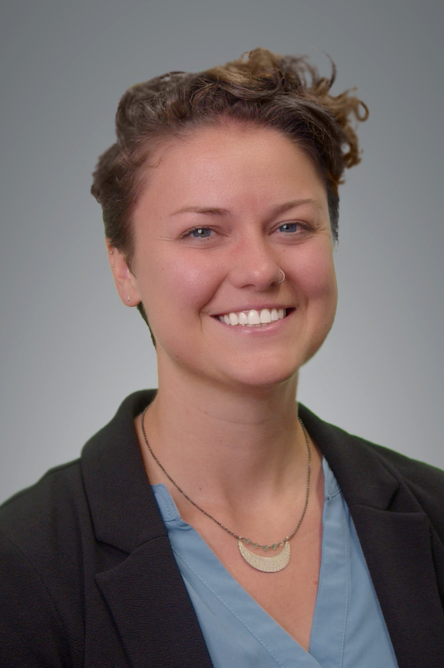
Assistant Professor | Instructional Design and Technology

Assistant Professor of Clinical Practice | Teaching, Leadership, and Research
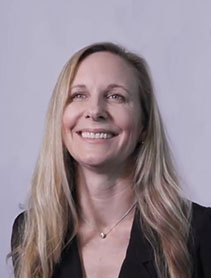
Professor, Director of the ABA Program | School of Education
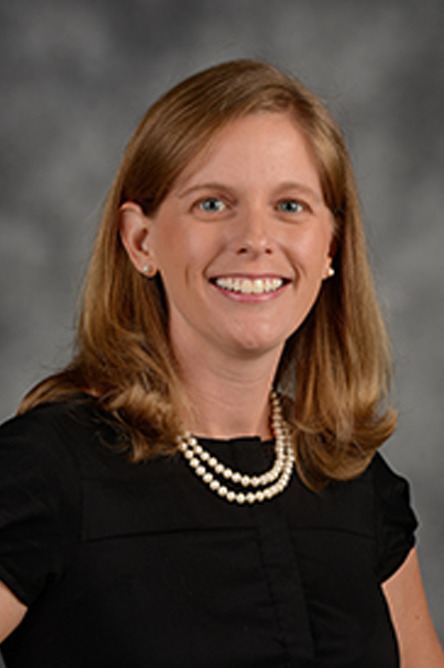
Associate Professor | Teaching, Leadership, and Research
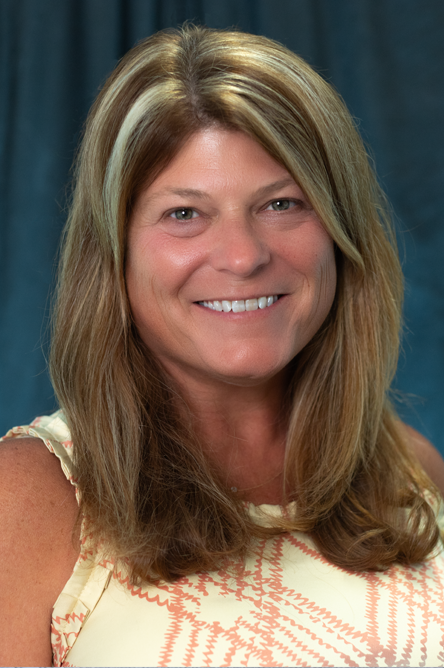
Instructor | Teaching, Leadership, and Research
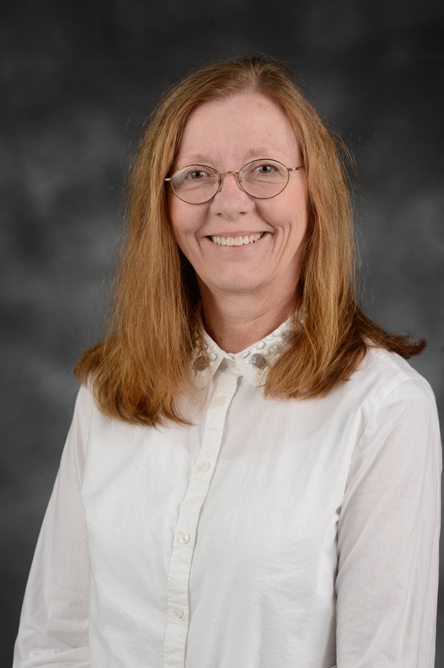
Instructor | Teaching, Leadership, and Research
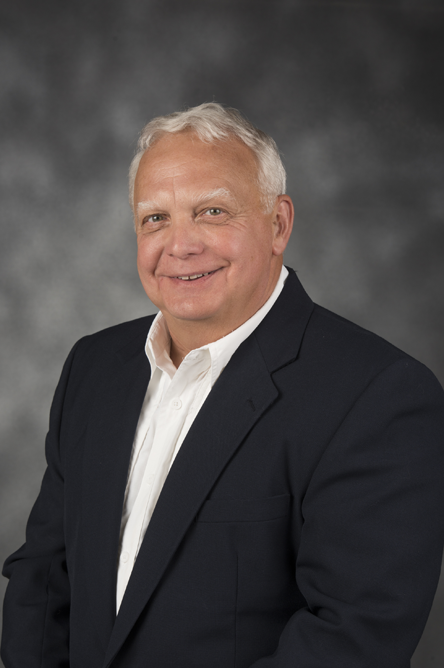
Professor | Teaching, Leadership, and Research
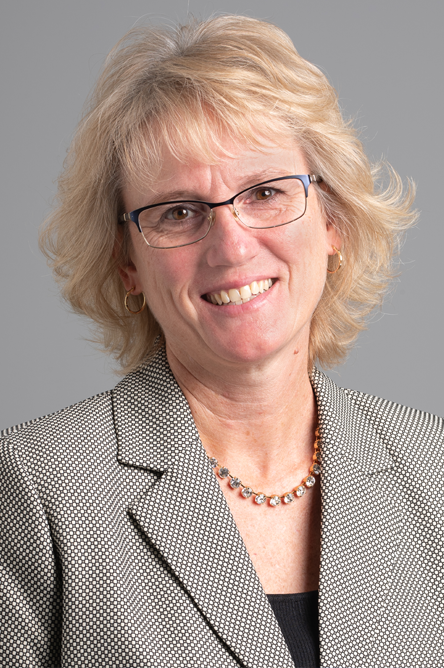
Associate Professor | Teaching, Leadership, and Research
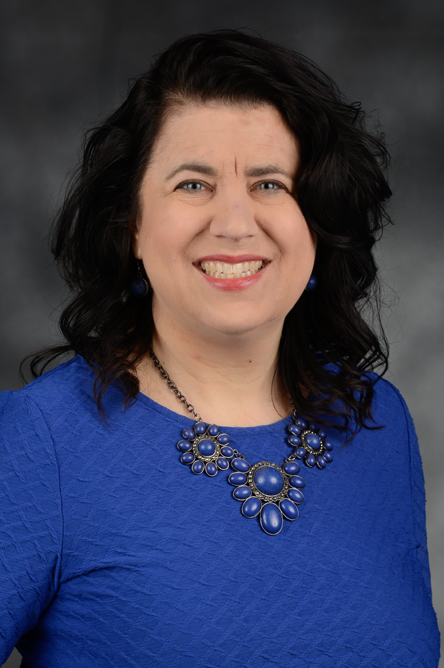
Interim Chairperson | Teaching, Leadership, and Research
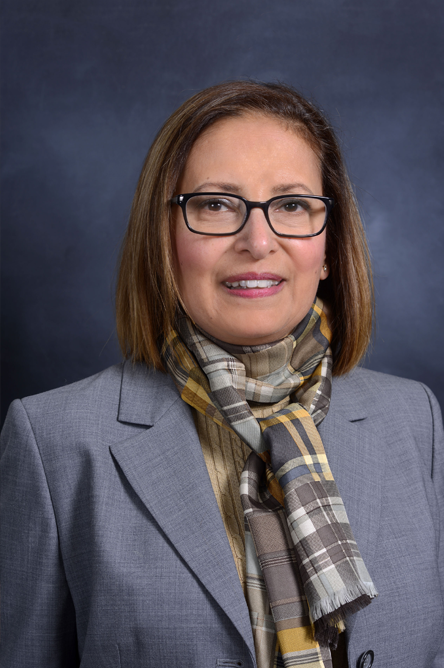
Instructor | Teaching, Leadership, and Research
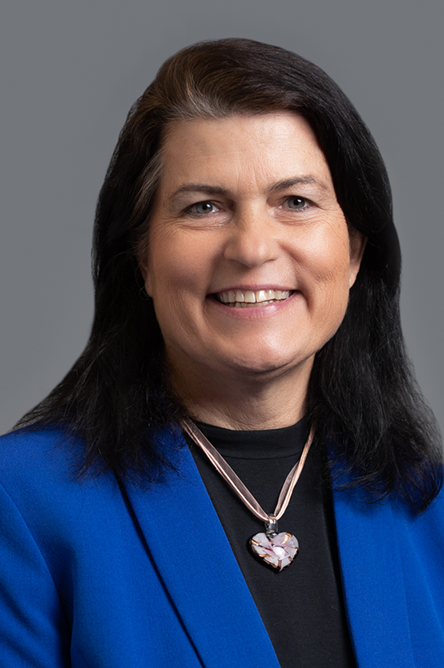
Associate Professor, Department Chairperson | Instructional Design and Technology
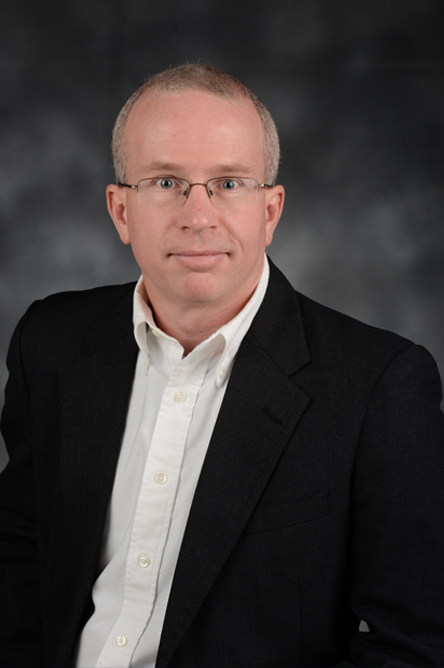
Professor | Instructional Design and Technology
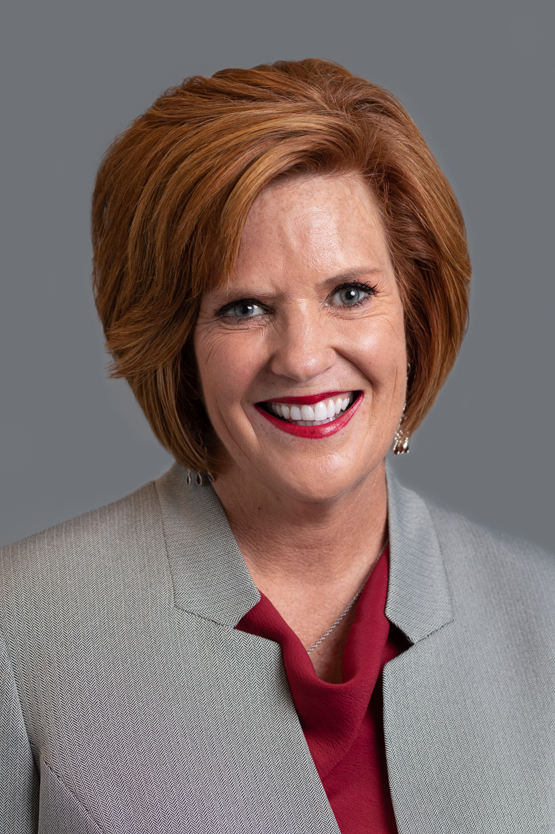
Professor & Director, Emerald Coast Writing Project | Teaching, Leadership, and Research
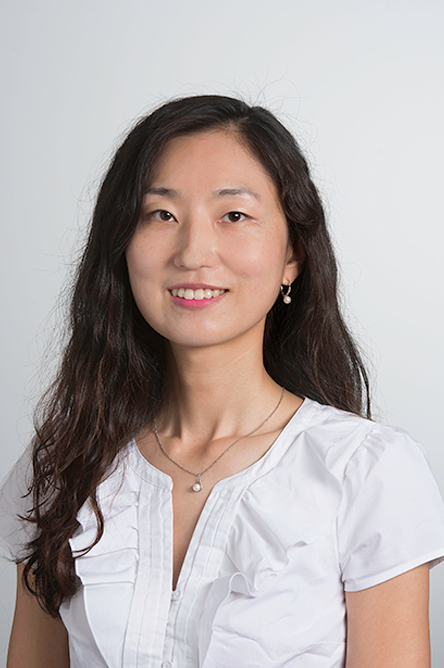
Associate Professor | Teaching, Leadership, and Research
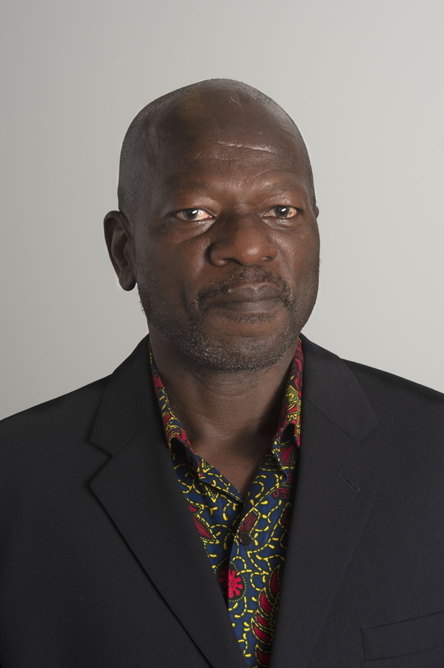
Associate Professor | Teaching, Leadership, and Research
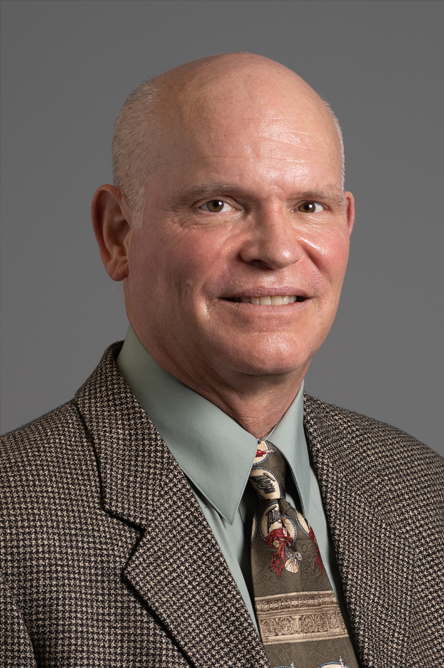
Assistant Professor | Teaching, Leadership, and Research
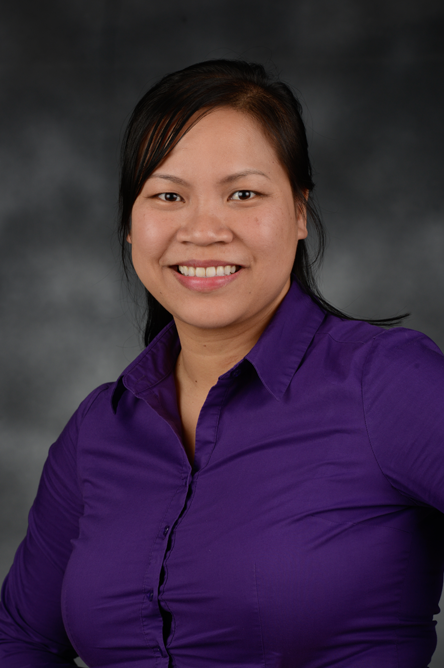
Professor | Teaching, Leadership, and Research
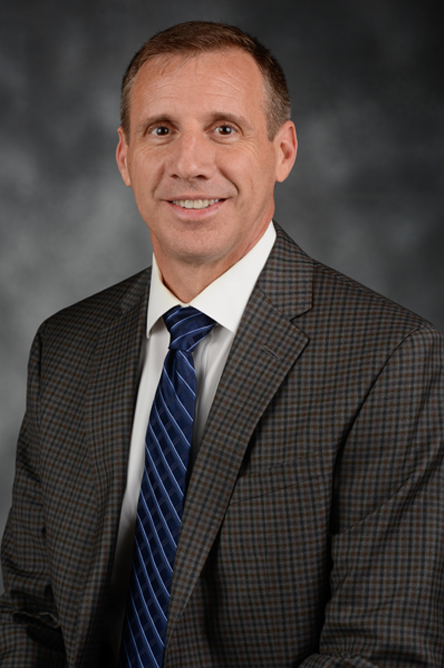
Professor | Teaching, Leadership, and Research
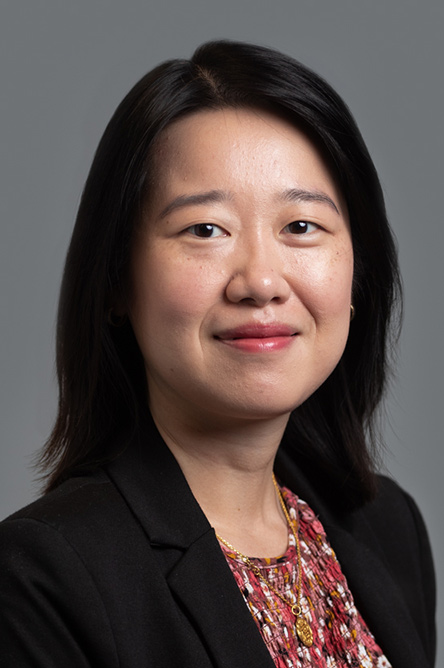
Assistant Professor | Teaching, Leadership, and Research
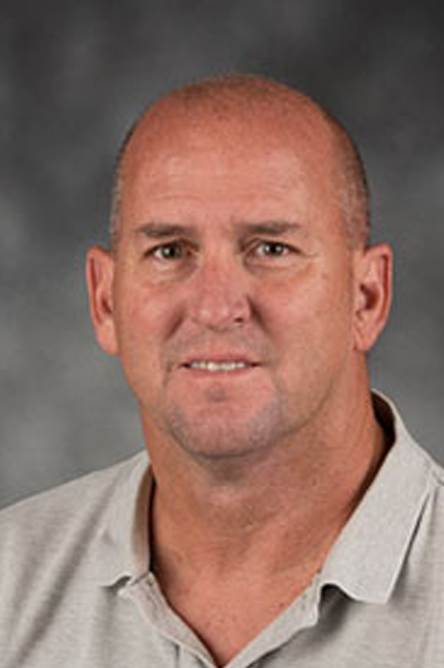
Professor | Teaching, Leadership, and Research
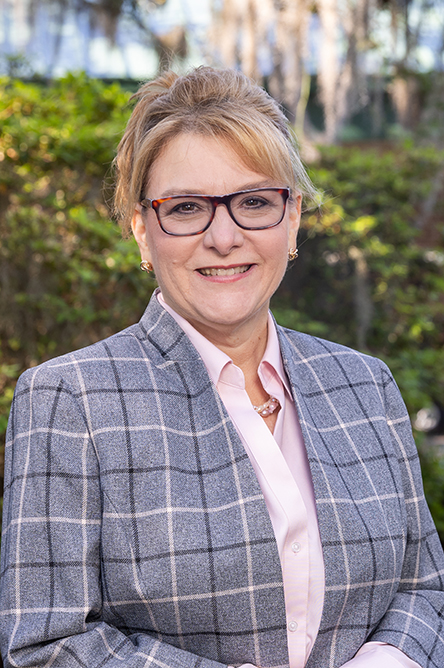
Dean and Professor | School of Education
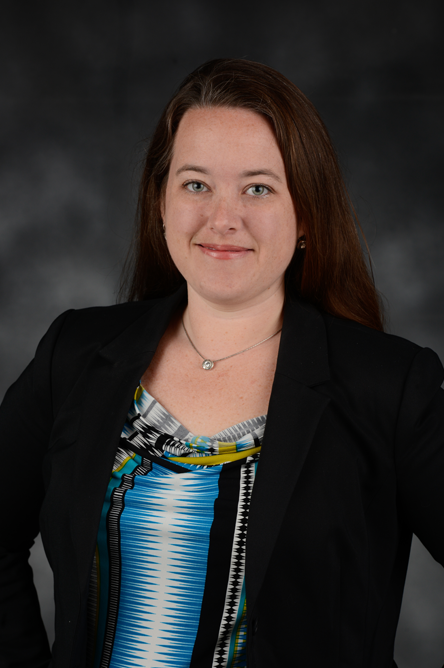
Associate Professor | Teaching, Leadership, and Research
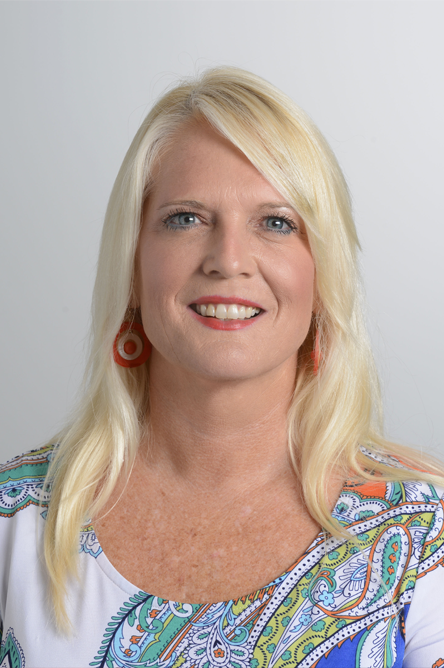
Associate Professor, Director of Doctoral Programs | School of Education
-212x320.png)
Assistant Dean | School of Education
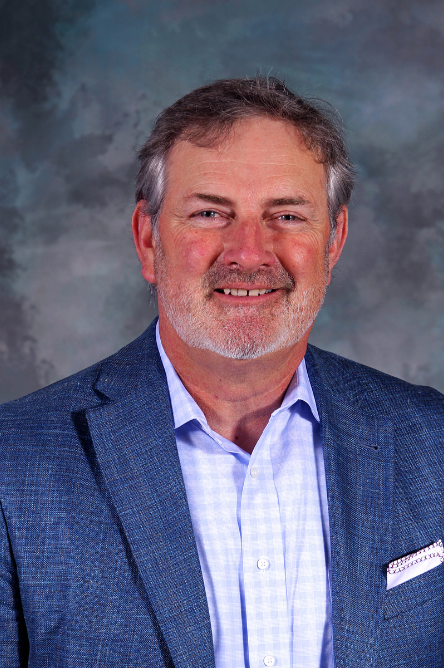
Assistant Professor of Clinical Practice | Teaching, Leadership, and Research
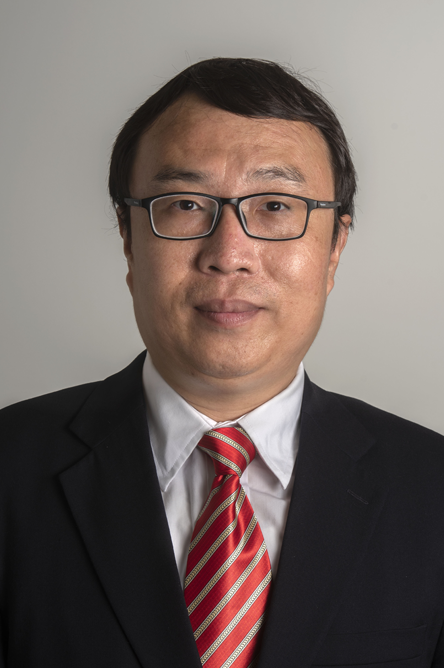
Associate Professor | Teaching, Leadership, and Research
Emeritus
2022
- Stacie Whinnery, Professor, Teacher Education and Educational Leadership
2021
- Bill Evans, Professor, Teacher Education and Educational Leadership
- John Platt, Professor, Teacher Education and Educational Leadership
- Sherri Zimmerman, Teacher Education and Educational Leadership
- Pat Wentz, Professor, Educational Research and Administration
2020
- Craig Jones, Associate Professor, Teacher Education and Educational Leadership
2019
- Keith Whinnery, Professor, Teacher Education and Educational Leadership
2009
- Ann Agnew, Professor, Teacher Education
- Carol Briscoe, Professor, Teacher Education
- Rex Schmid, Professor, Teacher Education
2007
- Ronald Peake, Professor, Teacher Education
2004
- James Parker, Professor, Teacher Education
2003
- Charles Lemley, Professor, Educational Leadership
- William Martin, Professor, Teacher Education
Adjunct Faculty
Adjunct Instructor | Teaching, Leadership, and Research
Director of Clinical Experiences and Partnerships | Teaching, Leadership, and Research
Adjunct Instructor | Center for Behavior Analysis
Adjunct Faculty | Center for Behavior Analysis
Instructional Designer and Developer | Instructional Design and Technology
Associate Director, Institutional Effectiveness | Instructional Design and Technology
Associate Director of Graduate Programs | Center for Behavior Analysis
Academic Administrator | Center for Behavior Analysis
Adjunct Faculty | Teaching, Leadership, and Research
Adjunct Faculty | Center for Behavior Analysis
Adjunct Instructor | Teaching, Leadership, and Research
Adjunct Faculty | Center for Behavior Analysis
Adjunct Instructor | Instructional Design and Technology
Adjunct Faculty | Center for Behavior Analysis
Adjunct Faculty | Teaching, Leadership, and Research
Adjunct Instructor | Instructional Design and Technology
Instructional Designer and Developer | Teaching, Leadership, and Research | Instructional Design and Technology
Associate Director, CTLT | Instructional Design and Technology
Adjunct Faculty | Teaching, Leadership, and Research
Adjunct Instructor | Instructional Design and Technology
Adjunct Instructor | Teaching, Leadership, and Research
Adjunct Faculty | Center for Behavior Analysis
Academic Advisor | Teaching, Leadership, and Research
Instructor | Center for Behavior Analysis
Adjunct Faculty | Center for Behavior Analysis
Adjunct Faculty | Center for Behavior Analysis
Adjunct Faculty | Center for Behavior Analysis
Executive Director, CTLT | Instructional Design and Technology
Academic Advisor II | TeacherReady
Adjunct Instructor | Instructional Design and Technology
Adjunct Faculty | Teaching, Leadership, and Research
Adjunct Faculty | Center for Behavior Analysis
Assistant Director, Office of Academic Affairs | Teaching, Leadership, and Research
Adjunct Faculty | Teaching, Leadership, and Research
Adjunct Faculty | Teaching, Leadership, and Research
Adjunct Faculty | Teaching, Leadership, and Research
Instructor | Center for Behavior Analysis
Instructor | Center for Behavior Analysis
Adjunct Faculty | Center for Behavior Analysis
Adjunct Faculty | Teaching, Leadership, and Research
Adjunct Faculty | Teaching, Leadership, and Research
Adjunct Faculty | Center for Behavior Analysis
Adjunct Faculty | Center for Behavior Analysis
Adjunct Faculty | Center for Behavior Analysis
Adjunct Faculty | Teaching, Leadership, and Research
Adjunct Faculty | Center for Behavior Analysis
Adjunct Faculty | Center for Behavior Analysis
Adjunct Faculty | Teaching, Leadership, and Research
Adjunct Faculty | Teaching, Leadership, and Research
Instructor | Center for Behavior Analysis
Adjunct Faculty | Center for Behavior Analysis
Adjunct Faculty | Center for Behavior Analysis
Adjunct Instructor | Teaching, Leadership, and Research
Adjunct Instructor | Instructional Design and Technology


